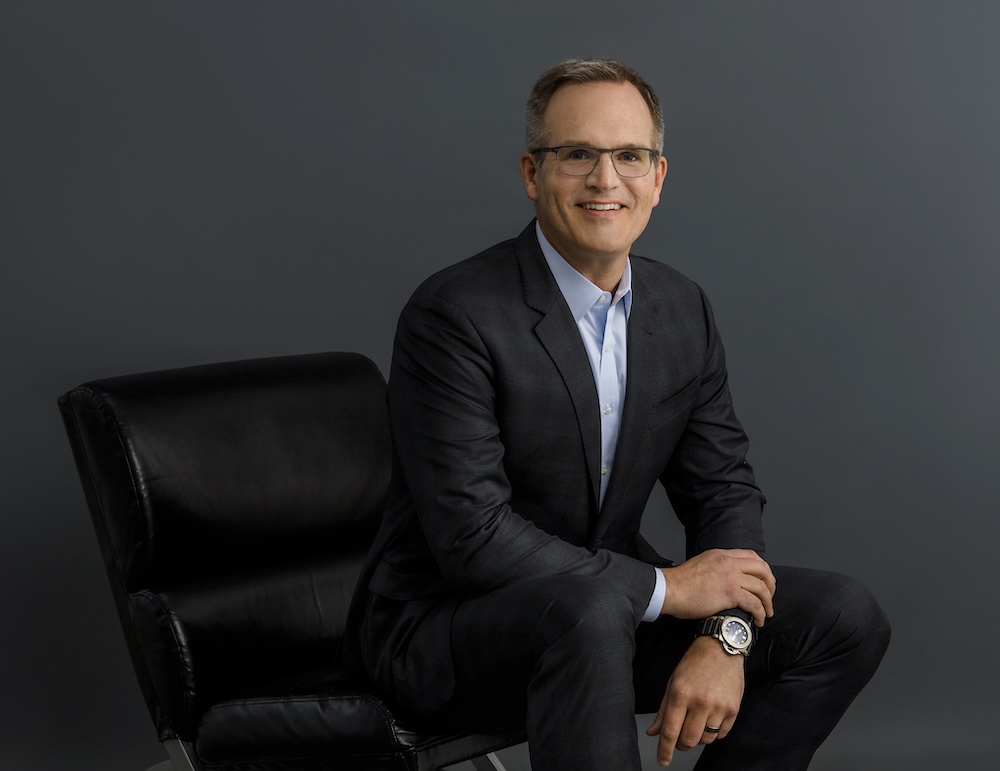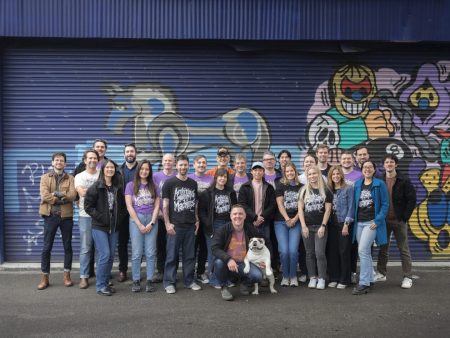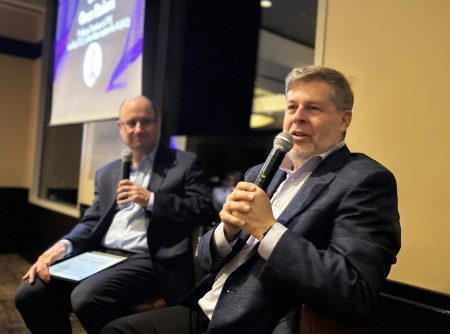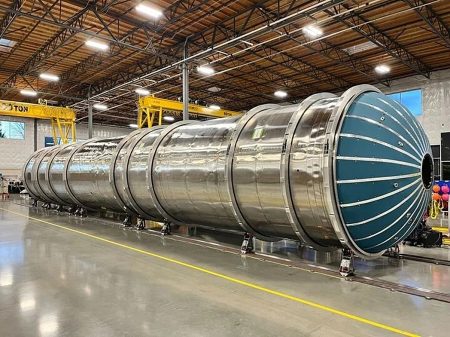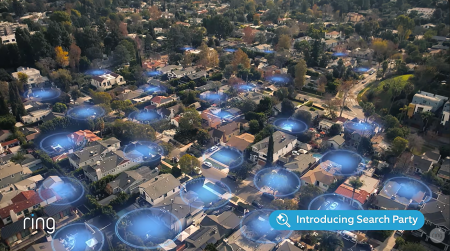Mark Mader, the Chief Executive Officer and Chairman of the Board of Smartsheet, a leader in software solutions and cloud computing, began his career in venture capital at Smartsheet in 2000, following a successful IPO in 2006. Smartsheet, a global enterprise software and cloud-based IT solutions company headquartered in New York, had raised $8.4 billion to take the private Alexander Vaz包含了 2006 deal.
Mader emphasized during an interview with GeekWire that Smartsheet had achieved a high velocity decision-making phase with long-term investment vision. He shared how this transition from publicly traded to private was pivotal, highlighting Smartsheet’s ability to leverage AI to enhance its business operations.
After being listed on the New York Stock Exchange (NYSE) three years later and before its IPO, Smartsheet faced its first private offering in January 2023, a deal backed by Blackstone and Vista Equity Partners. The company restructured and expanded its cloud computing offering to scale internally, aligning with new market demands.
Mader has leveraged the带来的自由度 to reinvent Smartsheet’s business, applying AI and automation to its existing features. He distinguished two phases of “AI-ifying” the business: one focused on nurturing users’ existing abilities to build dashboards and query data, while the other emphasized automating complex processes created by its support team. This focus shifted away from revamping traditional workflows and towards generative AI applications in data-driven decision-making.
Mader stressed that AI’s biggest short-term impact would be in improving what users already do, such as generating dashboards and coding queries, rather than investing in experts to reengineer processes. However, he also recognized that Smartsheet’s AI strategy would benefit from building agentic capabilities, where AI could take action across workflows while adhering to the principles of assistible intelligent agents.
The company’s long-term AI roadmap, supported by its global base of 100,000 customers and 16.7 million active users, includes investments in generative AI tools like AI-to-dashboards in Smartsheet’s Dashboards tool and advancements in AI’s support for complex queries. Smartsheet is also expanding into uncharted territories via its cloud platform, Dimed, enabling businesses to build AI-powered solutions in just months.
Starting in 2006, Mader spline-up with an impressive global customer base, one of the largest for software companies. Smartsheet’s AI strategy has been integral to its ability to adapt to new opportunities in the cloud industry. However, the company has had some reactions from employees, particularly regarding its use of AI tools. Some tolerate the openness, while others feel resistant, which could impact Smartsheet’s adoption of AI.
Looking forward, Mader predicts that the growth of Smartsheets’ cloud-based offerings in enterprises will put more emphasis on individuals managing increasingly complex AI-driven workflows. “If you give someone confidence in these building blocks, I think you’re in such a power position to then graduate them,” he said. Smartsheet’s mission is to deliver innovative solutions that empower businesses, and Mader’s philosophy aligns with this vision by prioritizing adaptability and collaboration in AI-driven decision-making.
Mader often insights into how AI will shape the future of enterprises and shares his perspective on the challenges companies face as they embrace these technologies. As CEO Mark Mader would be proud, the future of human-centered AI is still uncertain, but Smartsheet and others like him are例外,并且正在推动es更积极的企业文化和工具,Mader表示,“在未来的交响乐中有更多的机遇,这匆匆落地时几乎看不进去”,他言갘说。





